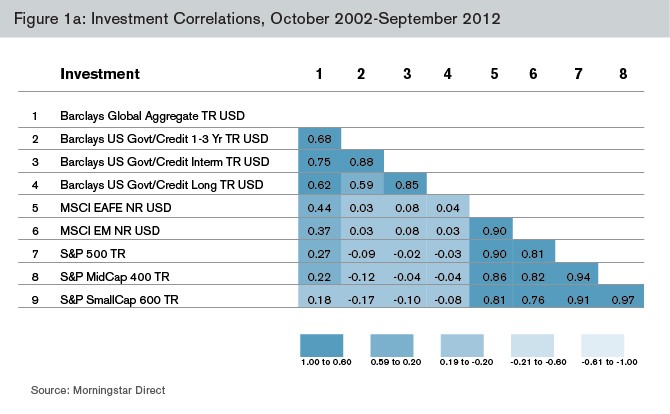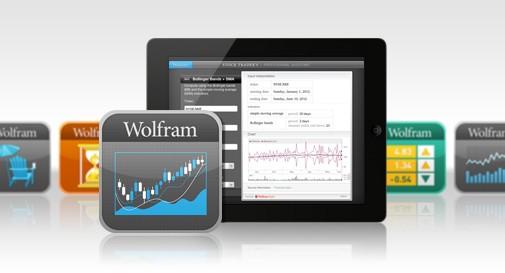Alpha financial definition of Alpha
Post on: 16 Март, 2015 No Comment

Alpha
1. The measure of the performance of a portfolio after adjusting for risk. Alpha is calculated by comparing the volatility of the portfolio and comparing it to some benchmark. The alpha is the excess return of the portfolio over the benchmark. It is important to Markowitz portfolio theory and is used as a technical indicator .
2. The excess return that a portfolio makes over and above what the capital asset pricing model estimates.
alpha
The mathematical estimate of the return on a security when the market return as a whole is zero. Alpha is derived from a in the formula Ri = a + b Rm which measures the return on a security (Ri ) for a given return on the market (Rm ) where b is beta. See also capital-asset pricing model. characteristic line .
Alpha.
Alpha measures risk-adjusted return, or the actual return an equity security provides in relation to the return you would expect based on its beta. Beta measures the security’s volatility in relation to its benchmark index.
If a security’s actual return is higher than its beta, the security has a positive alpha, and if the return is lower it has a negative alpha.
For example, if a stock’s beta is 1.5, and its benchmark gained 2%, it would be expected to gain 3% (2% x 1.5 = 0.03, or 3%). If the stock gained 4%, it would have a positive alpha.
Alpha also refers to an analyst’s estimate of a stock’s potential to gain value based on the rate at which the company’s earnings are growing and other fundamental indicators.
For example, if a stock is assigned an alpha of 1.15, the analyst expects a 15% price increase in a year when stock prices are generally flat. One investment strategy is to look for securities with positive alphas, which indicates they may be undervalued.
Alpha

What Does Alpha Mean?
(1) A measure of performance on a risk-adjusted basis. Alpha takes the volatility (price risk) of a mutual fund and compares its risk-adjusted performance with a benchmark index. The excess return of the fund relative to the return of the benchmark index is a fund’s alpha. (2) The abnormal rate of return on a security or portfolio in excess of what would be predicted by an equilibrium model such as the capital asset pricing model (CAPM).
Investopedia explains Alpha
(1) Alpha is one of five technical risk measures that are used in modern portfolio theory (MPT); the others are beta, standard deviation, R-squared, and the Sharpe ratio. These indicators help investors determine the risk-reward profile of a mutual fund. Simply stated, alpha often is considered to represent the value that a portfolio manager adds to or subtracts from a fund’s return. A positive alpha of 1.0 means the fund has outperformed its benchmark index by 1%. Conversely, a similar negative alpha would indicate an underperformance of 1%. (2) If a CAPM analysis estimates that a portfolio should earn 10% on the basis of the risk of that portfolio yet the portfolio actually earns 15%, the portfolio’s alpha would be 5%. The 5% is the excess return above the predicted CAPM return.
Related Terms:
• Capital Asset Pricing Model—CAPM














